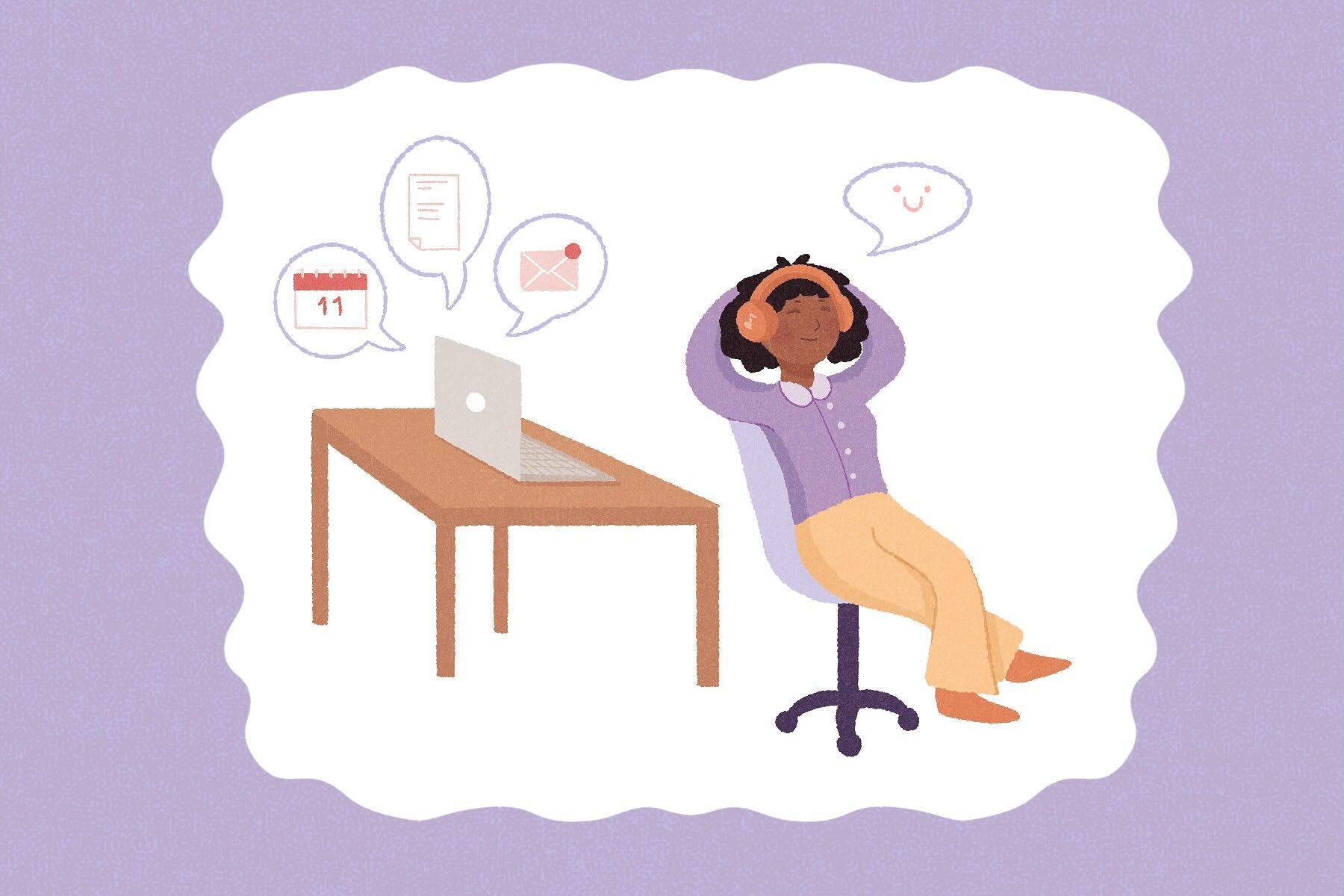Procrastination is one of the most talked-about educational plagues of all time.
Without a doubt, every single working human has at some point procrastinated and been told to avoid procrastination like it is a poisonous berry in a forest.
Think back to your time in school and having that dreadful 10-page paper that you just did not want to write. That paper was always the one that got left until the last minute, even though you were warned about the deadly effects of procrastination.
But people can’t seem to stop procrastinating no matter how hard they try. The thing is, you don’t have to stop procrastinating — you just have to change the way you do it.
There are different ways to procrastinate. And yes, it can be positive.
What Is the Difference Between Negative and Positive Procrastination?
Given the negative connotation surrounding the word, you are always going to think that procrastination is negative.
However, there is both a negative and a positive way to procrastinate. Here is the difference:
Negative procrastination is the most common and troublesome form of procrastination. This is when a person consistently puts something off in an unorganized manner purely because they don’t want to do it. Often, this will stem from laziness and will cause some other issues down the line.
Positive procrastination is different, mostly because it occurs in a more organized way. With positive procrastination, the tasks are put off, but with a scheduled time or date that they will be completed. Essentially, positive procrastination is doing work with a short, but scheduled, deadline in order to make it feel more urgent.
Many people believe that positive procrastination may be the missing puzzle piece to increased productivity.
How Can Positive Procrastination Really Be Positive?
Because people have been conditioned to think procrastination is always negative, it is still hard to believe that positive procrastination really exists.
Here is some proof that you can see different benefits by procrastinating in a positive way.
Positive Procrastination Can:
-
Increase One’s Creativity
When you just want to finish your work as efficiently or as quickly as possible, you oftentimes only consider your first thought or initial plan. By procrastinating in a positive manner and scheduling out your work, you are able to give your mind the chance to find a better or more creative way to complete your task.
A very common example is when you come up with ideas in the shower. Without that shower, maybe this article on positive procrastination would never have existed because it would have never crossed my mind.
-
Force Focus
I’m sure all of you have struggled with focusing on certain tasks and just putting them off until the last minute, but sometimes this could be the most positive outcome for you. By delaying the task until the last possible minute — with enough time to complete it, of course — you essentially put your mind in a prison cell.
Okay, that might be a little dramatic.
However, it does put your mind in a situation where it is forced to focus on the task at hand due to the urgent nature of the deadline.
Yes, this could add some unnecessary pressure to the assignment, but if procrastination is the bug you just can’t seem to squash, this pressure will give you the adrenaline you need to complete the task on time and with more focus than if you didn’t have the time crunch.
-
Prevent the Pull of Perfectionism
Perfectionism is often considered a disease by many people due to the negative effects it can have on one’s mental and physical health; procrastination, believe it or not … could be a solution.
People who suffer from perfectionism will often spend a copious amount of time on a task because of their need to make it absolutely perfect in every way.
Not only does this become an extreme waste of time, but it also creates a struggle within the person because the task will never be done as perfectly as they may want it to be.
Procrastinating helps prevent perfectionism by putting a short time limit on the task at hand. If you don’t allow for a lot of time to be spent on the task, your brain will figure out that there may not be enough time to complete the task perfectly, but you can get very close to it.
By using procrastination to trick your brain out of perfectionism, you will become more efficient and effective when completing tasks.
Turning Negative Procrastination into Positive Procrastination
Now that you know the difference between negative and positive procrastination and some of the many benefits that positive procrastination can have, how can you make the change?
There are some ways that you can turn your procrastination positive, and it mostly entails making it more organized and scheduled.
You should start by keeping a list of everything you need to do and understanding how urgent each task is. You can then effectively schedule out your tasks in a way that seems like procrastination, but is just putting the tasks in a timeframe that will help make them more pertinent for you.
You could also schedule some downtime so that you are actively giving your mind time to relax. By having it scheduled out, you won’t end up scrolling on TikTok for too long and avoiding your tasks all together.
And lastly, give yourself some rewards while completing your tasks.
With an end goal or something to look forward to, you will be more likely to get the task done in a more efficient way because there is something at the end that you want.
For example, when writing a paper, you can reward yourself after every page with a 10-minute break to watch a YouTube video or go get some snacks.
In the end, procrastination can still be extremely negative if you aren’t doing it correctly; the most important part of procrastinating in a positive way is truly making sure that you are doing it right.

















